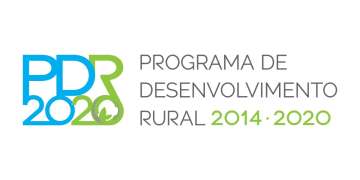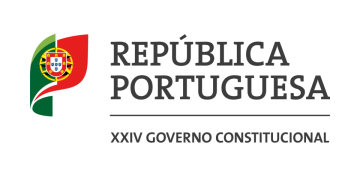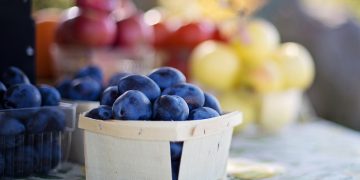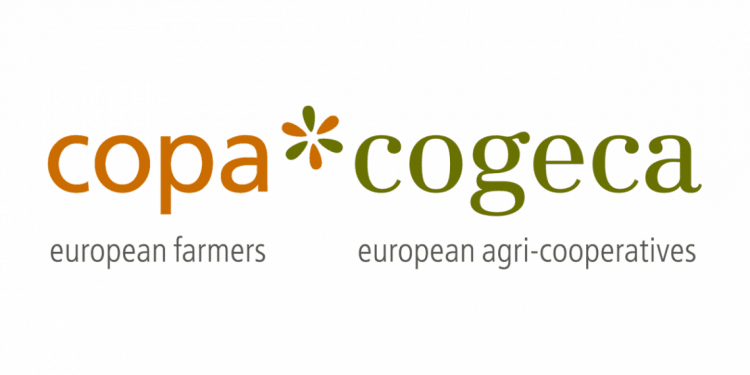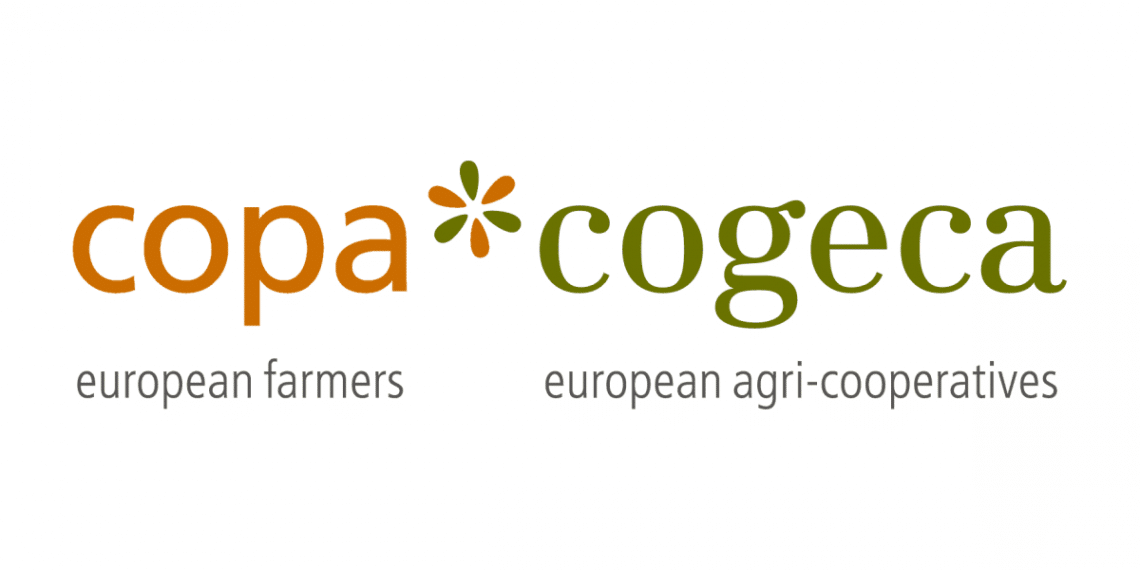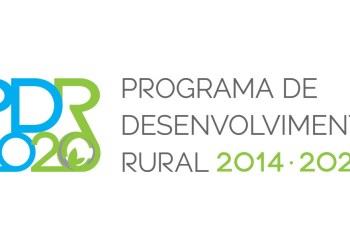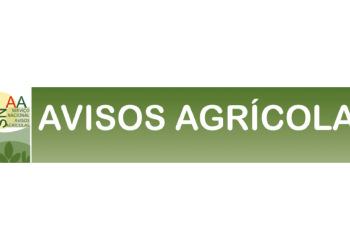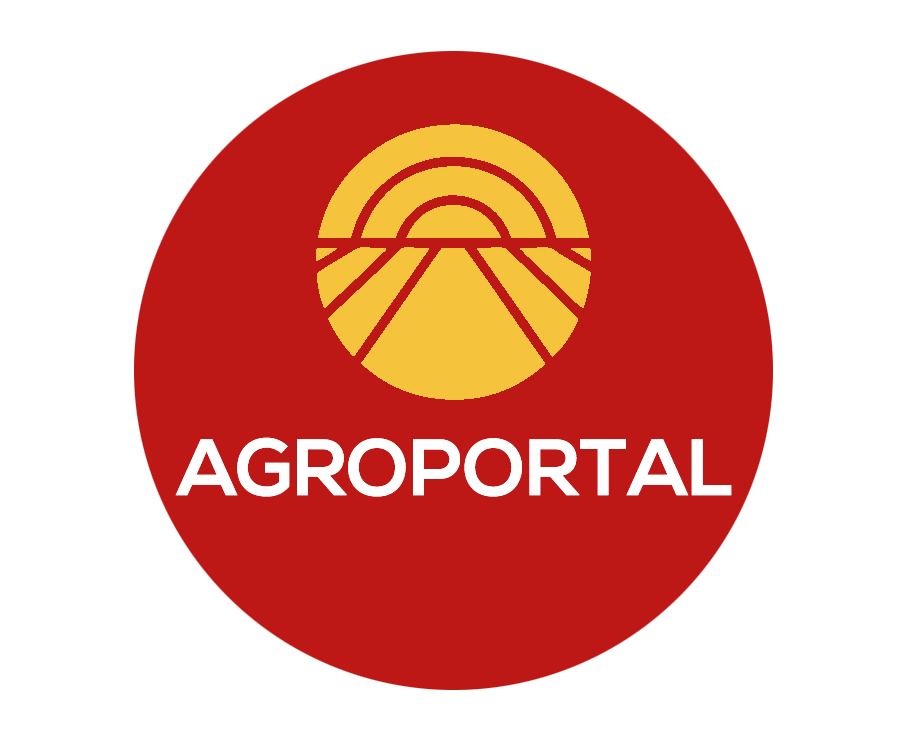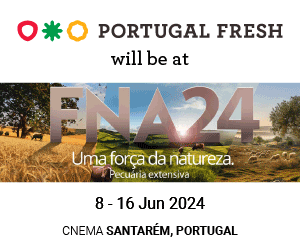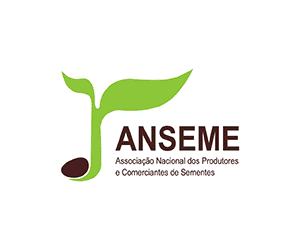Faced with the ongoing crisis of the fertiliser market, the European Commission published today a long-awaited communication on the matter. This paper adds to the March communications, RepowerEU and Food Security which already addressed the issue of fertilisers. For Copa and Cogeca the disappointment is as great as the expectations: this new communication simply failed to provide concrete answers to the shortcomings faced by European farmers.
For more than two years now, the prices of fertilisers used in agriculture have risen to levels never seen before in Europe. Driven by the post-Covid economic recovery, and then further pushed by the Russian-led war in Ukraine, the prices of key fertilisers have tripled in some cases! The stocks held by European farmers are being quickly depleted, while prices and availability remain problematic in the short term, particularly in the current season for application in the spring 2023. The consequences of a fertiliser shortage will be manifold on the 2023 harvest, affecting yields, crop quality and rotations, consumer prices and the competitiveness of European farms. No region in the world today is facing price increases of the same magnitude!
In this context, two policy responses were expected by the European farming community: a pragmatic short-term answer to buffer the impact of the ongoing international shocks and a medium/long-term one to tackle our dependence on the imports of fertilisers and feedstock’s, the lack of transparency in the fertiliser market and the sustainable reduction of synthetic fertilisers. As in previous communications, the Commission gives relevant answers for the medium/long term but simply does not address the short-term challenges.
Christiane Lambert, President of Copa reacted, “The pattern is repeated with this new communication. The European Commission, out of ideology, refuses to give farmers short- term solutions, putting the viability of many farms at risk. What is the point of presenting a new communication to finally put forward so few proposals? I find it difficult to understand the logic of such a communication in the end: for the long-term objectives, it seems to me that the Commission’s vision is clear and known since 2019 and the launch of the Farm to Fork strategy. The rest of the proposals were already explained in the March communications.”
In detail, Copa and Cogeca welcome the creation of a fertiliser market observatory, the launch of a European Innovation Council on resilient agriculture, the improved access to organic fertilisers, waste streams and the support given to green ammonia. However, these are long- term measures that will not alleviate the short-term impacts on availability and affordability of fertiliser for farmers.
In the short term, the push by the Commission for the adoption by the Council of the proposal to suspend the import tariffs on urea and ammonia and the call to Member States to implement State aids and ensure access to natural gas for fertiliser producers, falls short of addressing the current fertiliser market disruption in Europe. Copa and Cogeca suggested extending the suspension of import tariffs to all nitrogen and phosphate fertilisers. Fertiliser logistics should also be eased, and regulatory flexibilities should be provided. This includes suspending the application of the 60 mg/kg of cadmium limit for phosphate fertilisers, to allow delivery from North African countries (Morocco) instead of Russia as well as a derogation on the limits set by the Nitrate Directive and the facilitation of administrative rules related to imports. We also deeply regret that the use of RENURE materials has not been simplified in the released publication.
For Ramon Armengol, COGECA President, the communication also raises concerns on the coherence of the whole exercise, “The Commission passes the buck in its communication to the Member States through state aids and CAP strategic plans. This could create significant distortions depending on how Member States react. Fertilisers are a key input in agriculture, not yet having a clear answer on this point is deeply concerning. We hope to have a swift exchange of views with Agriculture Commissioner Janusz Wojciechowski to understand how the Commission’s plan can concretely address the problems that will arise from its communication.”
Artigo publicado originalmente em Copa Cogeca.

